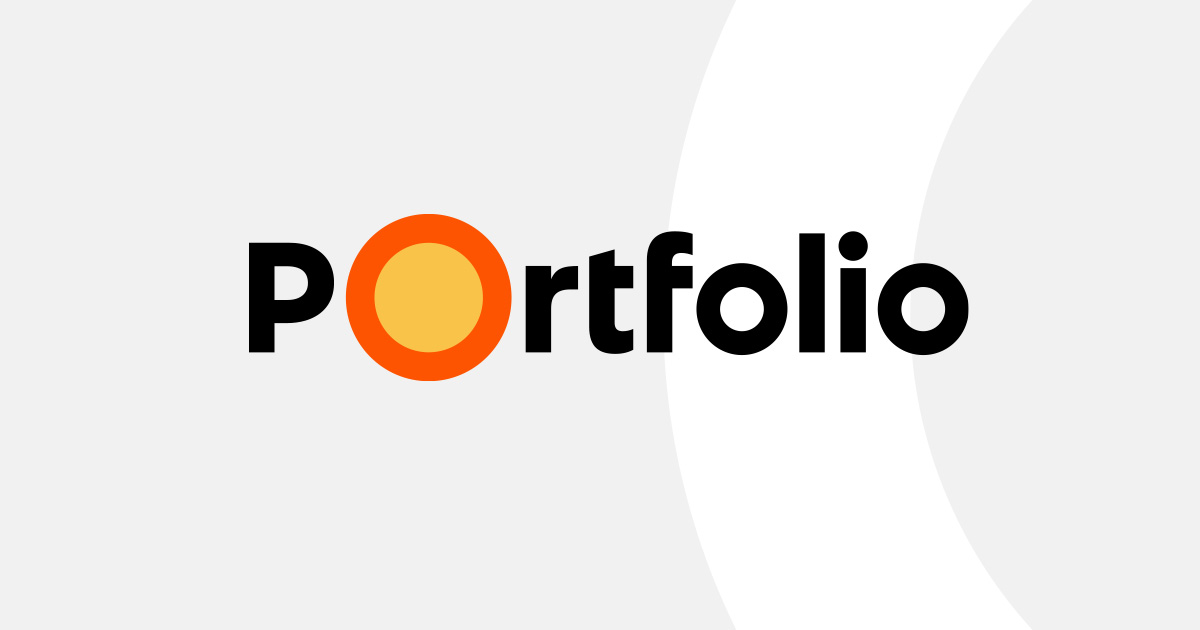According to press reports, the Romanian government It will also make it mandatory for teachers and other teachers after health workers Sars-Cov2 vaccination. From June 1, doctors, nurses and other health care workers who refuse the vaccine will be penalized, which could mean either suspension or transfer to another job away from patients.
Matteo Salvini, leader of the right-wing League party who is also a member of the ruling coalition, said he was not in favor of compulsory vaccination, especially among young people: the safety of people over one year must be preserved. Salvini admitted he had not yet been vaccinated, but added that he had already booked an appointment for August.
Out of a population of 60 million, 17 million have not received even a single dose of the vaccine, which means that One in three Italians over the age of 12 is almost completely exposed to the virus. Six million people between the ages of 12 and 29 have not yet been vaccinated.
The number of people vaccinated with the two doses exceeded 27 million on Monday, reaching 50 percent of the population. Another 16 million received just one dose of the vaccine.
Because of less-than-planned vaccination and strong spread of the delta virus variant The government is preparing to make the use of Italian and EU protection certificates mandatory for some services and sites in the coming days. They want to make digital certification mandatory for long rail journeys, in stadiums and group music or cultural events, as well as in hospitality, in restaurant interiors. It is reported that the health authorities do not want to tighten again until mid-August, but after that a gradual re-implementation of epidemic measures is not ruled out.
According to a decree issued on Monday in the northeastern province of Veneto, Italians and foreigners who arrive without vaccination or any other proof of protection are subject to mandatory testing at airports in the region and in the two weeks prior to entry to the United Kingdom, Malta, Spain, Greece, Slovenia, Croatia, have resided in the Netherlands, Belgium , Portugal, France, Cyprus, Luxembourg, Romania or Bulgaria. In the past, arrivals were subject to random checks, and regulations are now tightening checks on arrivals.












































